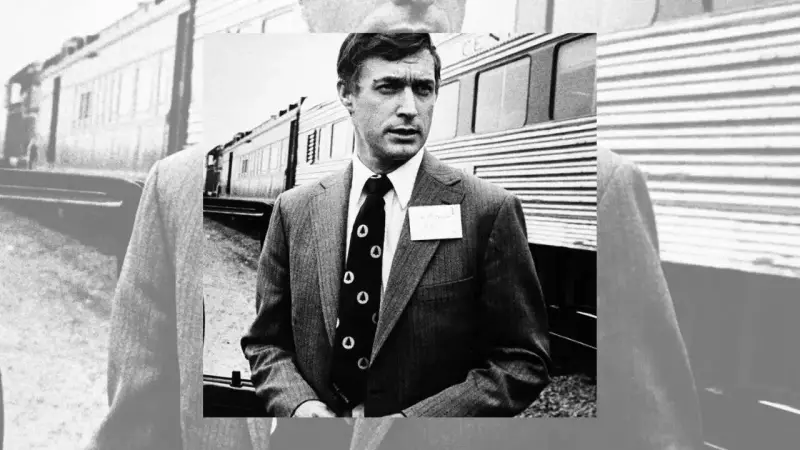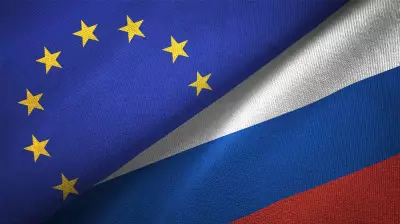
In a stunning revelation that has rocked American political circles, Timothy Mellon - the notoriously private heir to the legendary Mellon banking fortune - emerged as the mystery donor behind a massive $130 million contribution to support Donald Trump's efforts to pay military personnel during government shutdowns.
The Secret Billionaire Emerges
For years, political observers wondered about the identity of the shadowy benefactor whose enormous donations were reshaping campaign finance. Now we know: Timothy Mellon, grandson of banking magnate Andrew Mellon, has been operating behind the scenes as one of the most significant political donors in recent American history.
A Fortune Built on Banking Legacy
The Mellon family name carries immense weight in American financial history. As heirs to one of the country's most powerful banking dynasties, the Mellons have maintained their status among America's wealthiest families for generations. Yet Timothy has consistently shunned the spotlight, making his sudden emergence as a mega-donor all the more remarkable.
The $130 Million Game-Changer
During critical government shutdown periods when military personnel faced uncertainty about their paychecks, Mellon's extraordinary contribution provided crucial support. The massive infusion of funds helped ensure that soldiers and their families wouldn't suffer financial hardship during political standoffs in Washington.
Why This Matters for Indian Readers
For audiences following American politics from India, this revelation highlights several important trends:
- The growing influence of wealthy individuals in shaping US policy
- How political donations can directly impact critical government functions
- The intersection of private wealth and public service during crises
- The evolving landscape of campaign finance in the world's largest democracy
The Ripple Effects
Mellon's donation represents more than just financial support - it signals a significant shift in how wealthy individuals are engaging with political processes. The scale of this contribution demonstrates how private citizens can potentially influence government operations during moments of institutional gridlock.
As the story continues to unfold, political analysts are watching closely to see how this revelation might impact future election cycles and the ongoing debate about money in American politics.





